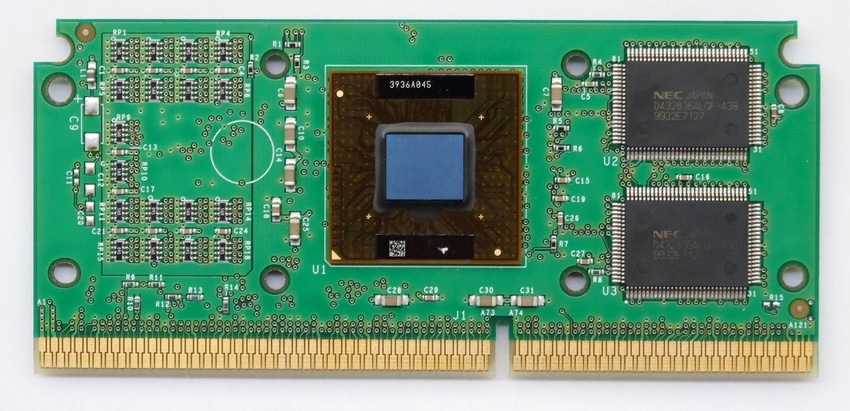The big news in the Linux world this week is that Ubuntu will drop support for 32-bit processors. Here's what the change means for the channel. (Hint: Hardware now matters less than ever.)

The big news in the Linux world this week is that Ubuntu will drop support for 32-bit processors. Here’s what the change means for the channel. (Hint: Hardware now matters less than ever.)
In late June, Ubuntu developer Dimitri John Ledkov suggested on the Ubuntu mailing list that Ubuntu should no longer support PCs with 32-bit processors. His proposal was to end such support by the time of the Ubuntu 18.04 release, which is planned for April 2018. Other major Linux distributions have already ceased 32-bit support.
Ending support for 32-bit processors would mean that only 64-bit machines could run Ubuntu. In general, any laptop or desktop PC manufactured in the last decade probably has a 64-bit processor (although I can personally attest that the Intel netbook I bought back in late 2009 is 32-bit — but I don’t really use it much anymore, so I’m not complaining).
That means the change is unlikely to affect many people, apart from those using Ubuntu to breathe new life into old computers. And even that group is probably not large, since modern versions of Ubuntu are so resource-intensive that they would not run very well on a ten-year-old PC, whether or not it featured a 64-bit processor. If you want to revive old hardware with Linux, you shouldn’t be using Ubuntu to do it.
Simplifying the Channel
For the channel, however, the news is important as another sign of how the PC market is becoming simpler than ever as hardware looks increasingly identical.
A decade ago, vendors and integrators had to pay close attention to the specifications of different hardware platforms when building software. They couldn’t count on all users having access to the same video cards, the same types of processors or the same amounts of memory.
Today, however, video acceleration is basically a given. So is a generous amount of memory. And as far as processors go, no significant number of PCs have had anything other than an x86 CPU since Apple announced that it was ditching PowerPC chips in favor of Intel’s in 2005.
All of this translates to a simpler market for vendors. They no longer have to worry about which types of hardware platforms they support. They can count on all PCs being basically the same.
The mobile dilemma
The flip side is that as PCs have grown more identical, the mobile device market is increasingly less so. Screen sizes, processing power and memory vary widely among different smartphones and tablets. Increasingly, processors vary, too, as manufacturers attempt to build x86-based mobile devices alongside the ARM-based hardware that has traditionally predominated in this market.
From a channel perspective, it would have been much more interesting for Ubuntu to announce a firm commitment to offering better support for mobile devices. While Ubuntu in general runs on ARM hardware, lots of Ubuntu apps don’t. The story is the same on other major Linux distributions.
You can’t pin that on Ubuntu developers alone, of course. Third-party app developers also need to work to make their software more mobile-friendly.
That amount of work required to make open source (and closed-source) operating systems more compatible with mobile devices would be much greater than that needed to continue support for 32-bit architectures. But it’s a change that would create vast opportunity across the open source channel by providing viable mobile OS options beyond Android and iOS. In general, it would make integration for the mobile market much easier.
About the Author(s)
You May Also Like


